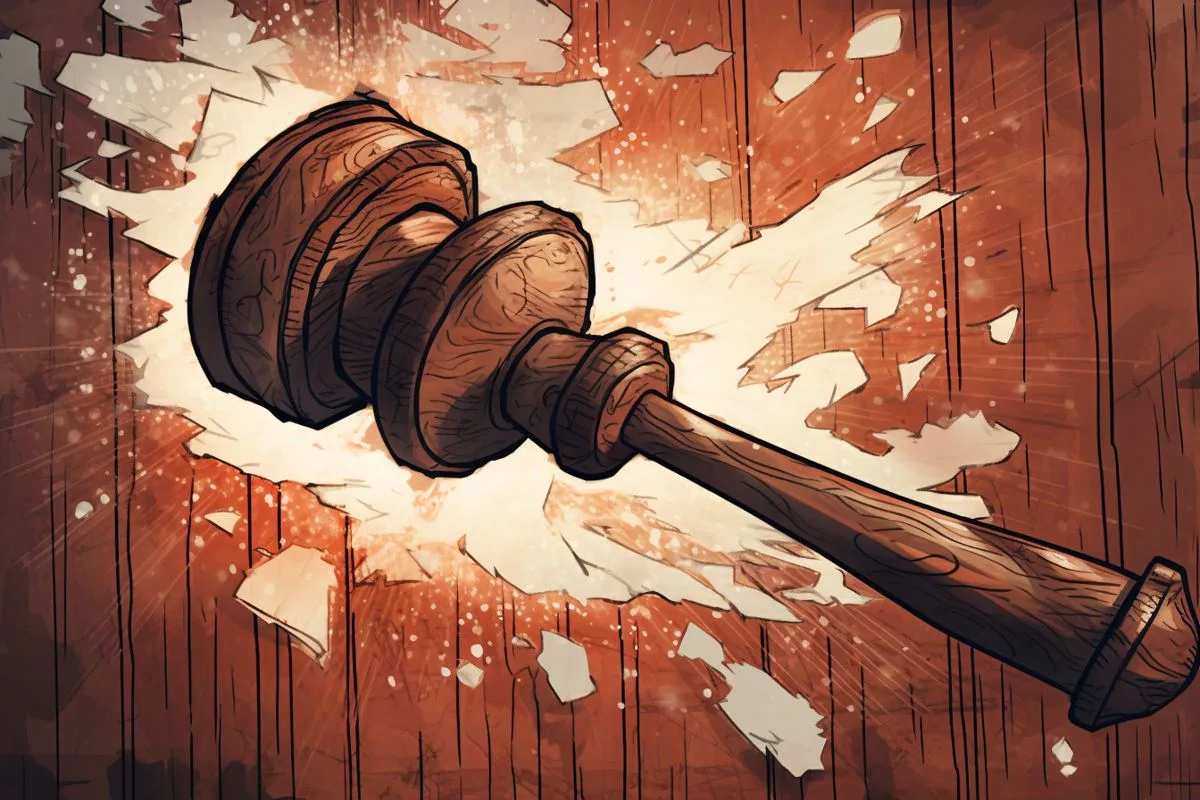The Minister of Home Affairs has won a legal battle against the Helen Suzman Foundation and Consortium for Refugees and Migrants in South Africa. The Full Court, Gauteng Division, Pretoria, dismissed their enforcement application, which aimed to enforce a detrimental judgment on the Department. The ruling emphasizes the need to follow proper legal procedures and respect the appeal process while encouraging affected Zimbabwean nationals to legalize their presence in the Republic. The approved white paper towards a comprehensive overhaul of South Africa’s migration system signifies a significant step in creating a fair and transparent process for all parties involved.
Who won the legal battle between Home Affairs and Helen Suzman Foundation?
The Full Court, Gauteng Division, Pretoria ruled in favor of the Minister of Home Affairs against the enforcement application submitted by the Helen Suzman Foundation (HSF) and the Consortium for Refugees and Migrants in South Africa (CORMSA), dismissing their assertion that denying the enforcement order would lead to widespread “calamities.” The Minister of Home Affairs celebrates the outcome of this misguided lawsuit, which aimed to enforce a detrimental judgment on the Department, and urges affected Zimbabwean nationals to adhere to the proper procedures to legalize their residence in the Republic.
Subtitle: Full Court, Gauteng Division, Pretoria, Dismisses HSF and CORMSA’s Enforcement Application
Minister of Home Affairs Victorious in Court
In a significant legal development, the Full Court, Gauteng Division, Pretoria, ruled in favor of the Minister of Home Affairs against the enforcement application submitted by the Helen Suzman Foundation (HSF) and the Consortium for Refugees and Migrants in South Africa (CORMSA). The Minister of Home Affairs celebrates the outcome of this misguided lawsuit, which aimed to enforce a detrimental judgment on the Department, and urges affected Zimbabwean nationals to adhere to the proper procedures to legalize their residence in the Republic.
Renowned for initiating numerous applications against the Minister under the pretext of public interest, the HSF adopted an opportunistic approach in this case by pursuing a 50% personal costs order against the Minister. The Full Court promptly dismissed this attempt, raising doubts about whose interests the HSF and its allies genuinely represent.
Unwaveringly, the Full Court discarded the HSF and CORMSA’s assertion that denying the enforcement order would lead to widespread “calamities.” Seemingly, these alleged catastrophes are mere fabrications of HSF and CORMSA’s imagination, and the court rightfully dismissed the application to prevent setting a hazardous precedent.
The Importance of Legal Procedures and Announcing Migration Overhaul
This verdict represents a momentous occasion for the Minister of Home Affairs, who has encountered numerous legal challenges from the HSF and CORMSA. The Full Court’s ruling emphasizes the need to adhere to established legal procedures and respect the appeal process during conflicts. Furthermore, this serves as a wake-up call for affected Zimbabwean nationals, encouraging them to follow the proper protocol to legalize their presence in the Republic and to avoid relying on false assurances.
In light of this victory, the Minister takes the opportunity to announce that the cabinet has authorized a substantial revamp of the migration system in South Africa. This includes a white paper addressing citizenship, immigration, and refugee protection. The white paper will soon be published in the Government Gazette for public comments.
The Minister’s announcement acknowledges that South Africa’s migration system requires extensive reform to tackle the intricacies and hurdles faced by both immigrants and the nation as a whole. The white paper aims to establish a resilient and adaptable framework for managing migration, citizenship, and refugees while ensuring a fair and transparent process for all parties involved.
Towards a Comprehensive Migration System Overhaul
HSF and CORMSA’s efforts to force the Department to implement the unfavorable judgment, regardless of any subsequent appeal by the Minister in any court, underscore the need for a more coherent and well-defined migration system. The Full Court’s rejection of their enforcement application reiterates the significance of respecting the legal processes and procedures in place.
The approved white paper signifies a crucial step toward a comprehensive overhaul of the migration system in South Africa. As the government publishes the document for public feedback, it is essential for all stakeholders to engage positively in this process to create a migration system that serves the best interests of both South Africa and the individuals wishing to reside in the country.
In summary, the Full Court’s dismissal of the enforcement application submitted by the Helen Suzman Foundation and the Consortium for Refugees and Migrants in South Africa marks a turning point in the ongoing legal struggle surrounding migration, citizenship, and refugee issues. The judgment highlights the importance of adhering to established legal procedures and respecting the appeal process, and serves as a call for affected Zimbabwean nationals to follow the appropriate steps to legalize their residence in the Republic. As South Africa moves toward a complete overhaul of its migration system, the government and stakeholders must collaborate to develop a fair, transparent, and effective framework that benefits both the country and the immigrants it welcomes.
1. Who won the legal battle between Home Affairs and Helen Suzman Foundation?
The Full Court, Gauteng Division, Pretoria, ruled in favor of the Minister of Home Affairs against the enforcement application submitted by the Helen Suzman Foundation (HSF) and the Consortium for Refugees and Migrants in South Africa (CORMSA), dismissing their assertion that denying the enforcement order would lead to widespread “calamities.”
2. What was the legal battle about?
The legal battle was about the enforcement application submitted by the Helen Suzman Foundation (HSF) and the Consortium for Refugees and Migrants in South Africa (CORMSA), which aimed to enforce a detrimental judgment on the Department of Home Affairs.
3. What was the outcome of the legal battle?
The Full Court, Gauteng Division, Pretoria, ruled in favor of the Minister of Home Affairs, dismissing the enforcement application submitted by the Helen Suzman Foundation (HSF) and the Consortium for Refugees and Migrants in South Africa (CORMSA).
4. What does the ruling emphasize?
The ruling emphasizes the need to follow proper legal procedures and respect the appeal process.
5. What does the Minister of Home Affairs urge Zimbabwean nationals to do?
6. What did the HSF and CORMSA attempt to do?
The HSF and CORMSA attempted to pursue a 50% personal costs order against the Minister of Home Affairs.
7. What did the Full Court promptly dismiss?
The Full Court promptly dismissed the HSF and CORMSA’s attempt to pursue a 50% personal costs order against the Minister of Home Affairs.








